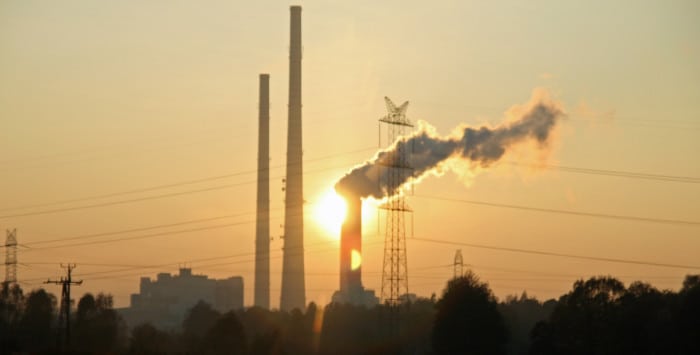
Kansas will stop all work on the development of a compliance plan for the Environmental Protection Agency’s Clean Power Plan under a law signed by Gov. Sam Brownback (R). The law “suspends all state agency activities, studies, and investigations that are in furtherance of the preparation of an initial submittal, or the evaluation of any options for the submission of a final state plan pursuant to the U.S. Environmental Protection Agency (EPA) … Clean Power Plan,” according to the bill summary.
The suspension will be in place until the Supreme Court’s February stay on implementation of the Clean Power Plan is lifted. That is not expected to happen until the lawsuit challenging the rule passes through federal judicial review. The Clean Power Plan requires states to develop action plans to meet federally set carbon emissions reduction goals.
The states are split on the rule, with 27, included Kansas, joining forces with numerous utilities and interest groups to sue the EPA in an attempt to have it overturned. Other states, however, have joined the EPA as intervenors in the case, arguing that the rule is both legal and essential to the nation’s efforts to deal with climate change.
Since the stay went into effect, some states have “put their pencils down,” halting all work to develop an action plan until while the case proceeds. Kansas joins Wisconsin, Arkansas, Utah, Nevada, Montana, North Dakota, South Dakota, Nebraska, Oklahoma, Texas, Mississippi, Alabama, Georgia, North Carolina, Kentucky, West Virginia, Indiana, Michigan, and New Jersey in putting planning on hold under the stay.
Several other states have pledged to continue working on plans while the stay is in place in hopes of being prepared for the rule’s eventual implementation. The states of California, Oregon, Washington, Idaho, Wyoming, Colorado, Minnesota, Illinois, Louisiana, Virginia, Maryland, Delaware, Pennsylvania, New York, Connecticut, Rhode Island, Massachusetts, New Hampshire, and Maine will continue to work on plans in one way or another.
The remaining states are either exempt from the rule or have not indicated strongly that they will or will not continue work.
The U.S. Court of Appeals for the D.C. Circuit is scheduled to hear the case against the rule June 2. It is expected that the final outcome of the case will be decided by the Supreme Court in late 2017 or early 2018.